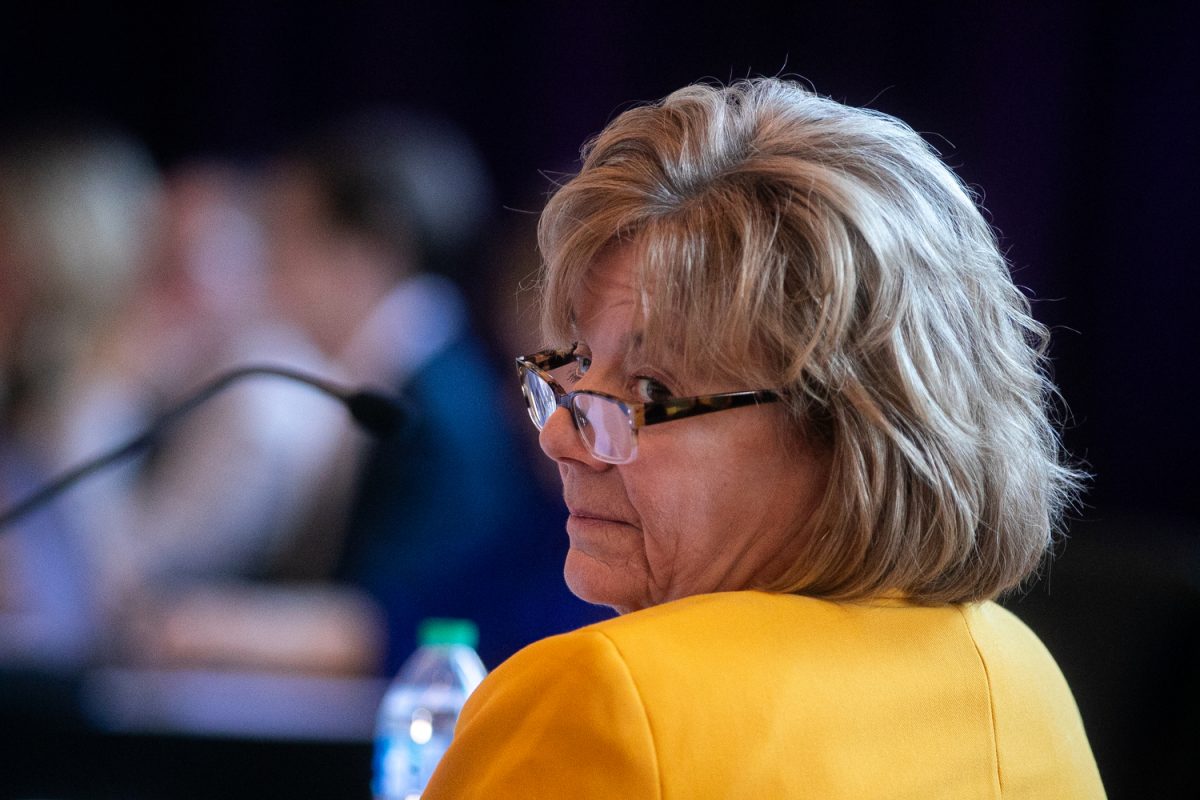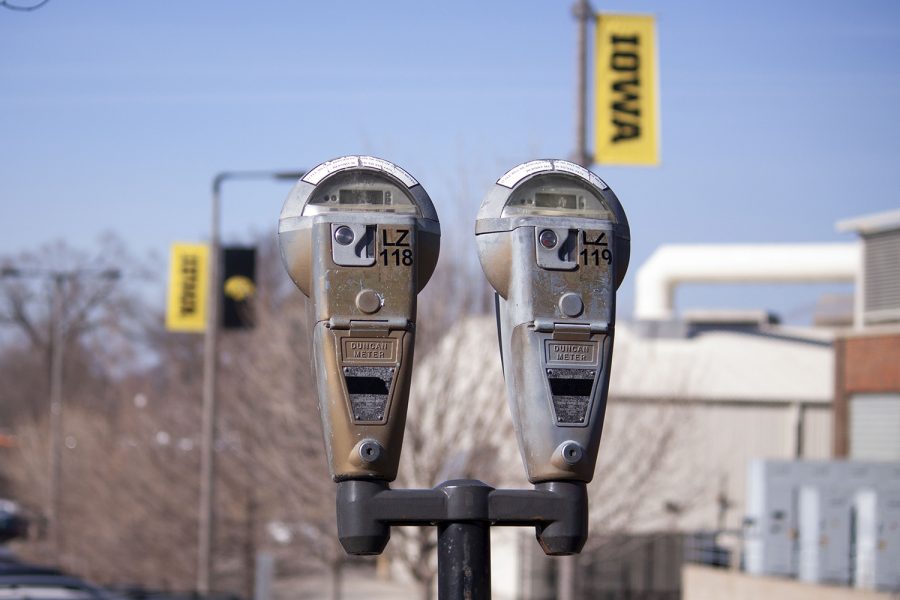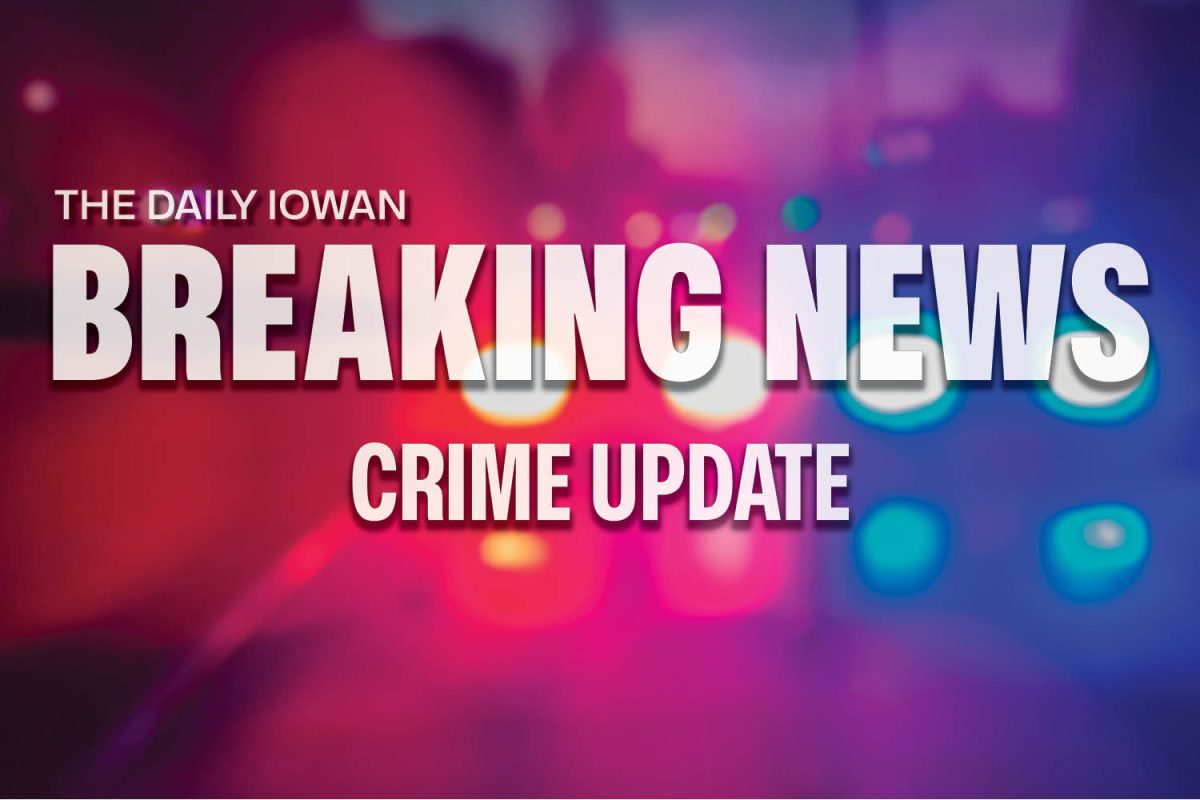The worlds of legislation and social services met and mingled at an open panel, Poverty in Policy Practice, on Thursday evening.
The panel was part of a University of Iowa course entitled Policy Matters. Each unit has a specific focus, including working in Iowa, perspectives on health reform, and schooling as a social policy. Concluding each unit is a panel open to the public.
Panelists were encouraged to speak about their job, then answer questions from the floor.
Topics of conversation were diverse, but all drew back to the local issue of poverty in Iowa City.
Crissy Canganelli, the executive director of the Shelter House, said this conversation hit close to home. Working at the Shelter House brings her face to face with many of the issues that poverty and policymaking can create.
The most fundamental of which is the disconnect in conversations and ideas surrounding those living below or just barely above the poverty line.
“We help very diverse people and somehow the public thinks this is a homogenous population, but every story and experience is different,” Canganelli said. “Sometimes the issue is as simple as a lost job and pretty quickly lost their housing, but sometimes it is more complex with substance abuse or mental illness.”
Canganelli also addresses the social stigma that comes with poverty.
“People are piecing things together between two or three jobs and just need a hand putting their life together, but they’re demonized for that,” she said.
Patti Fields, who works with United Way of Johnson and Washington Counties, said many people misunderstand the difficulty of living in poverty.
“We hear the comment a lot that, ‘they just need to pick themselves up by their bootstraps,’ and that’s really not understanding a holistic idea of compassion and fully understanding a person’s situation,” Fields said.
Time and time again, the panelists came back to one blunt fact: The system is failing the underprivileged.
Wendy Rickman, an administrator at the Iowa Department of Human Services, said she witnesses a kind of “otherness” placed upon those with less opportunities than the average citizen.
“Over time, we have separated ourselves as service workers from the families we serve, and that is very dangerous,” Rickman said. “The only difference between me and the families is a support system and the opportunity to keep moving up in life.”
The panelists had several ideas on how to improve conditions for individuals living in poverty in Iowa City and nationwide.
The simplest suggestion was to stay connected to a diverse group in the community.
“We’ve done a pretty good of separating ourselves from lower-income communities in IC,” said Brian Loring, executive director of the Neighborhood Centers of Johnson County. “I think it’s important to stay connected to the community; it really helps inoculate you from demonizing a family that needs benefits.”
Another point of interest was the raising of minimum wage. Canganelli said policies that need to come into play to help the Iowa City’s homeless population are easy but not high on the political agenda
“People may think they can’t see a reason to pay someone who’s working in McDonald’s $15 an hour,” she said. “If job growth is in the service sector, then start paying people a reasonable wage so they can afford the housing in the city in which they work.”







